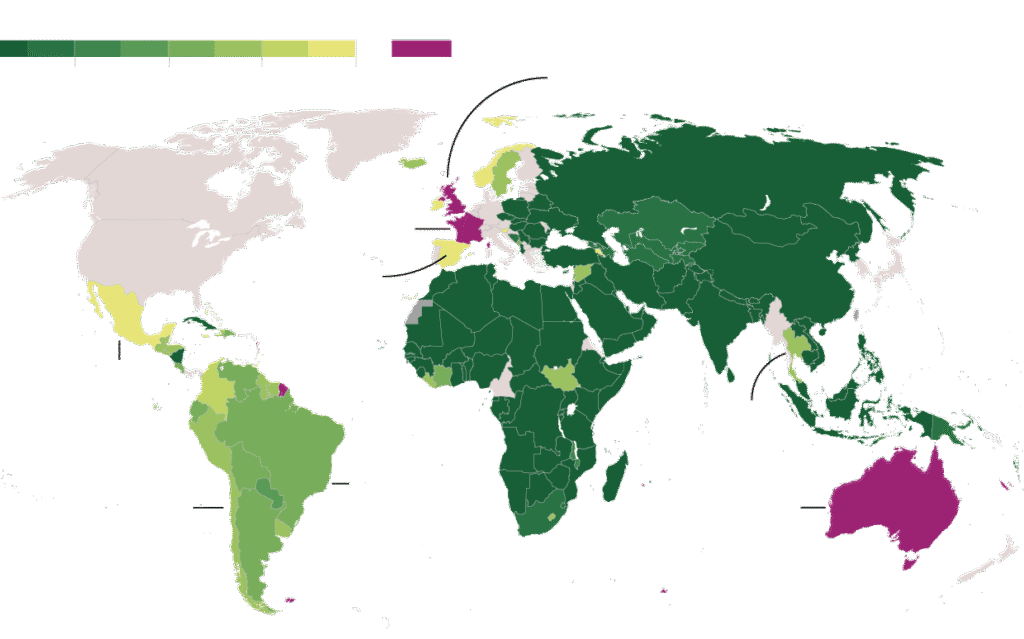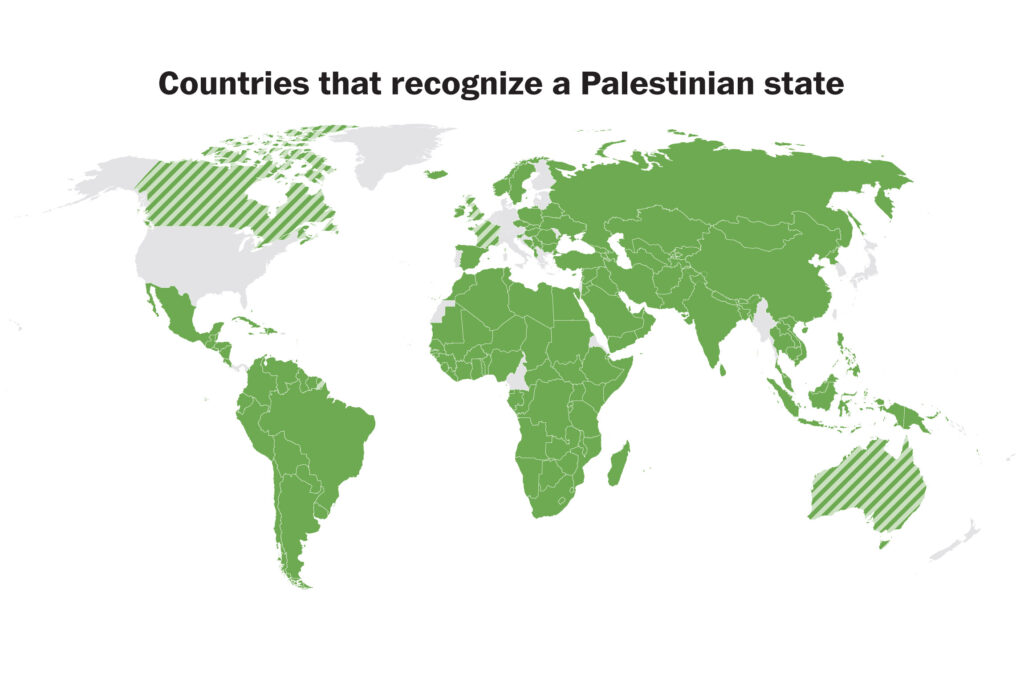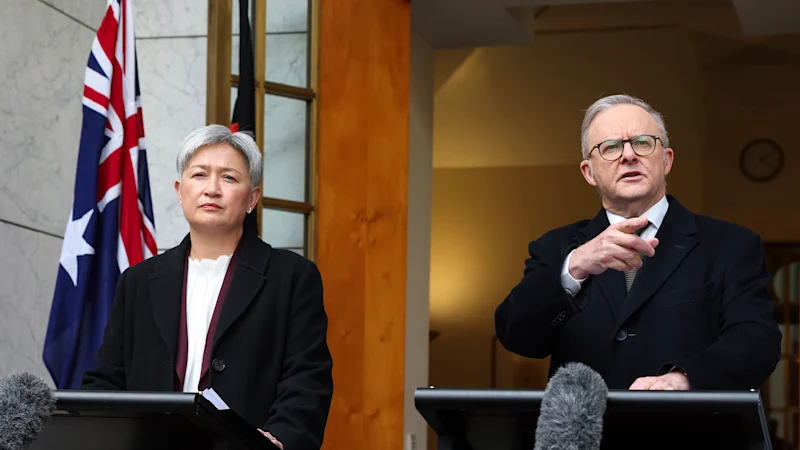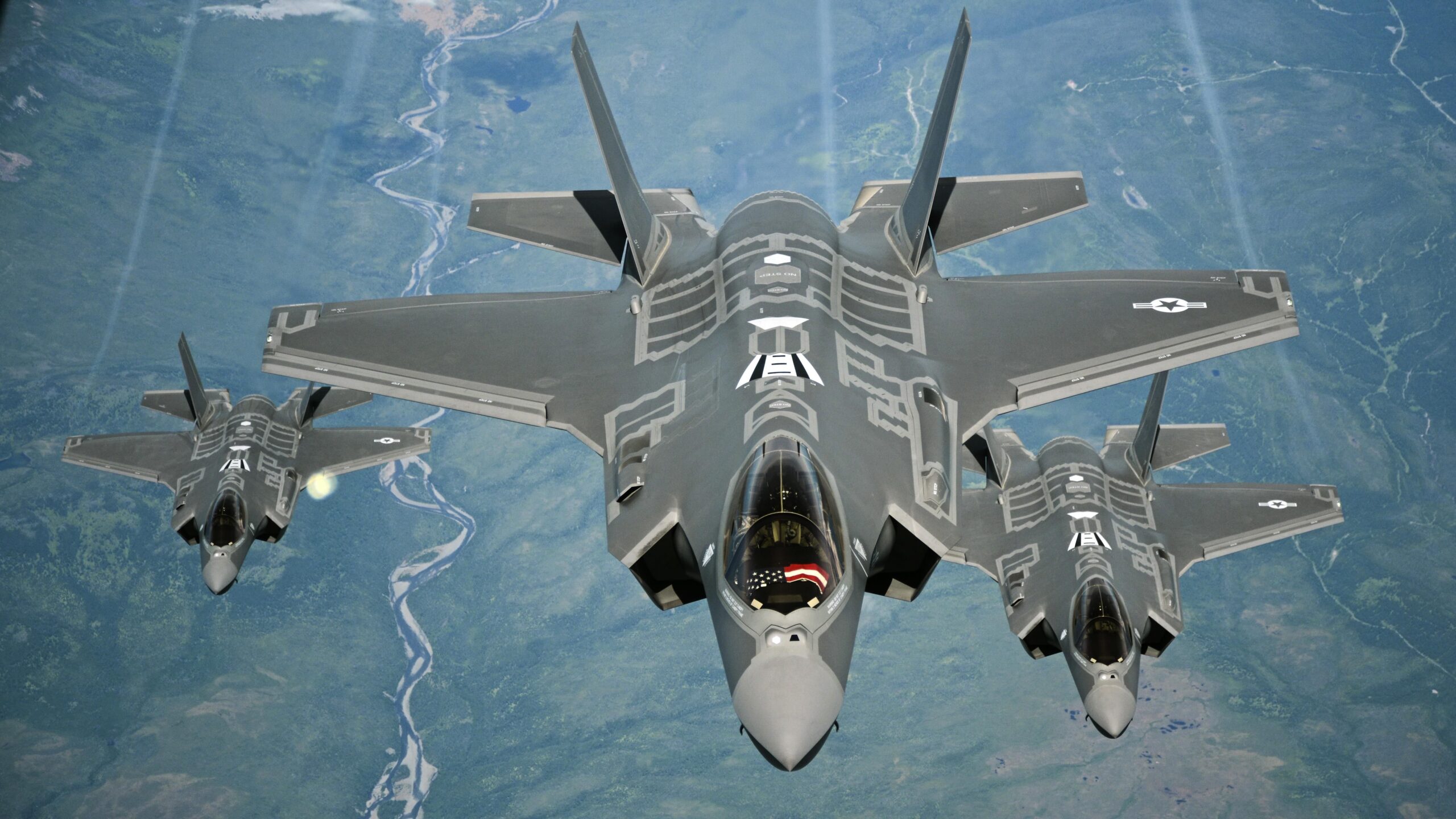Australia To Recognises Palestinian
Australia’s recent decision to formally recognize the State of Palestine in September marks a historic shift in its Middle East policy. Prime Minister Anthony Albanese called the move “humanity’s best hope” for ending the ongoing conflict in Gaza through a two-state solution.
The announcement aligns Australia with over 140 United Nations member states that already acknowledge Palestinian statehood—but it has also drawn criticism from Israel, opposition parties, and advocacy groups. This article explores the political background, global context, public reaction, and long-term impact of Australia’s decision.
Background Australia’s Past Stance on Palestinian Statehood
Australia’s approach to Palestinian recognition has evolved over decades:
Year Event Australia’s Position The 1947 UN Partition Plan supported the creation of both Jewish and Arab states. 2012 UN Vote to Upgrade Palestine to “Non-Member Observer State” Abstained 2018 Shift under Liberal Government Declined recognition, citing Hamas control in Gaza in 2025 Albanese Government Decision Recognition scheduled for September UNGA
Australia To Recognises Palestinian

Why the Recognition Matters
Recognizing a state is not merely symbolic. It has diplomatic, legal, and strategic implications:
- International Law – Strengthens Palestine’s ability to engage in treaties and legal proceedings.
- Peace Process Leverage – Could influence negotiations toward a two-state solution.
- Regional Diplomacy – Signals Australia’s willingness to take an independent stance from its closest ally, the United States, which has not recognized Palestine.
- Public Messaging—Responds to widespread domestic protests against the war in Gaza.
Political Commitments from the Palestinian Authority
Prime Minister Albanese stated that recognition is contingent on specific commitments from the Palestinian Authority (PA):
- Recognition of Israel’s right to exist in peace and security.
- Agreement to demilitarize.
- Plans to hold general elections.
These conditions are intended to isolate Hamas and pave the way for legitimate governance in both the West Bank and Gaza.
Reactions Within Australia
Government Position
- Albanese: “A two-state solution is humanity’s best hope to break the cycle of violence.”
Opposition Criticism
- Liberal Party: Warned the decision rewards Hamas and undermines hostages’ return.
- Concern over straining ties with the United States.
Greens’ Response
- Welcomed recognition but criticized the lack of sanctions against Israel or suspension of arms trade.
Civil Society Views
- The Australian Palestine Advocacy Network (APAN): Called the recognition “symbolic” without tangible measures to halt “Israeli war crimes.”
Australia To Recognises Palestinian

Global Context Who Recognizes Palestine?
Out of 193 UN member states, 147 countries officially recognize the State of Palestine, including:
- Middle East & Africa: Saudi Arabia, Egypt, South Africa
- Asia-Pacific: China, India, Indonesia
- Latin America: Brazil, Argentina, Chile
- Europe: Sweden, Iceland, and soon potentially France, the UK, and Canada
Notable exceptions: the United States, Germany, Australia (until September 2025), and Japan.

New Zealand’s Pending Decision
New Zealand is also expected to decide on recognition in September. Foreign Minister Winston Peters emphasized a “careful, principle-based approach,” highlighting the diversity of opinion within New Zealand’s government and society.
Impact on Israel–Australia Relations
Israel’s reaction has been swift and negative:
- Ambassador Amir Maimon: Rejected the recognition as “unilateral and counterproductive.”
- President Isaac Herzog: Called it a “reward for Hamas.”
This recognition could:
- Lead to diplomatic downgrades.
- Influence trade, intelligence sharing, and defense cooperation.
- Affect Australia’s role in future Middle East peace negotiations.
Historical Perspective Recognition and Peace Outcomes
Historical cases show mixed results:
- Sweden (2014): Recognition strained relations with Israel but improved ties with Arab nations.
- Spain & Ireland (expected 2025): Could create EU momentum for broader recognition.
- Recognition alone rarely ends conflict—it must be paired with negotiations, security guarantees, and economic rebuilding.
Public Opinion in Australia
A recent survey by the Lowy Institute found:
- 62% of Australians support recognizing Palestine.
- 21% oppose recognition until Hamas relinquishes control of Gaza.
- 17% remain undecided.
Public protests, such as the 300,000-strong Sydney Harbour Bridge march, have influenced political urgency.
Potential Long-Term Outcomes
- Diplomatic Realignment—Australia could gain stronger relations with Arab and non-aligned nations.
- Pressure on Allies—Canada, the UK, and France may follow through with their own recognition plans.
- Domestic Political Ramifications – Recognition could become a federal election talking point.
- Impact on Peace Process—Could either strengthen moderates in Palestine or harden Israeli opposition.
Conclusion
Australia’s recognition of Palestine is more than a symbolic gesture—it’s a calculated diplomatic move with global, regional, and domestic consequences. Whether it contributes to a sustainable peace depends on how it is implemented and whether it is accompanied by meaningful diplomatic, economic, and humanitarian actions.





One thought on “Australia To Recognises Palestinian State All You Need To Know”